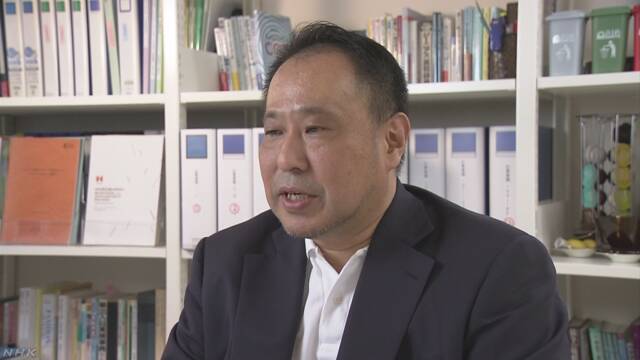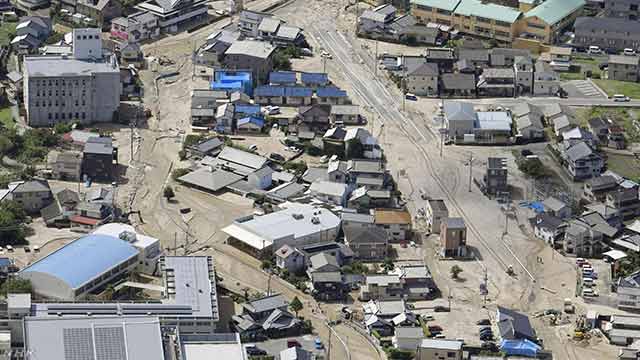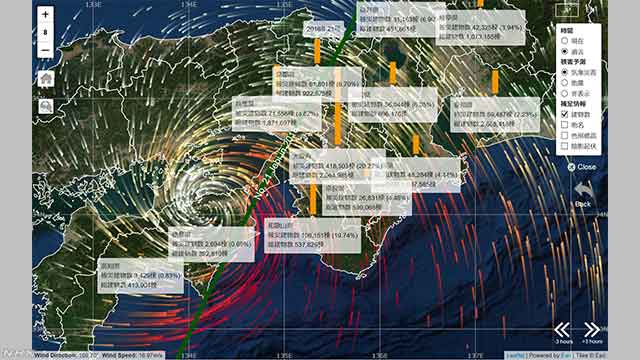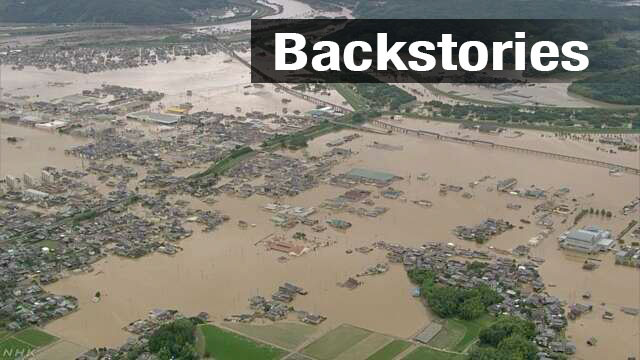"Evacuation insurance" is the brainchild of Katsue Edo, a professor at the Prefectural University of Hiroshima. He developed the product with elderly people living on their own in mind. In the event of an evacuation order, a beneficiary is picked up by taxi and driven to safety.
Some insurance companies are considering the commercialization of evacuation insurance. Professor Edo believes this is an important step to improve disaster preparedness, saying local government measures aren't enough to protect people's lives. He says help from private companies is a must.

Similar insurance programs are being developed with municipal governments in mind.
When a municipality issues an evacuation order or advisory, the local government is legally obligated to set up a shelter and provide residents with food. However, if these preparations end up unnecessary because the disaster doesn't occur or turns out to be on a much smaller scale, the government still has to foot the bill. For large municipalities, this means between 40 to 50 million yen, or up to about 460,000 dollars, for every evacuation order or advisory.
With this in mind, four insurance companies, including Sompo Japan Nipponkoa, launched a scheme called "Strike out insurance" in fiscal 2017. So far, 351 municipalities, or about 20 percent of the country, have enrolled in the program.
The town of Saka in Hiroshima, which suffered extensive damage in last year's rains, is one of them. Over the last two years, the town has received around 5.3 million yen, or about 49,000 dollars, in coverage. A local disaster management official says the insurance allows the staff to issue evacuation orders and advisories without worrying about expenses.

Now some insurance companies are sharing their expertise with municipalities to help them develop disaster response plans.
Aioi Nissei Dowa Insurance Company and Yokohama National University developed a website that uses weather data, such as expected rainfall and wind speed, to make real-time projections on the number of buildings at risk during a natural disaster. The site, which was launched in June, also uses data on the amount of insurance money paid during past disasters.
Aioi Nissei decided to get involved in the project after insurance payments ballooned in the aftermath of last year's heavy rain. The company believes the site will help improve disaster prevention measures and reduce damage.

Last year's lessons have not only set municipalities and residents into action, but have also moved private companies to get involved as well.



